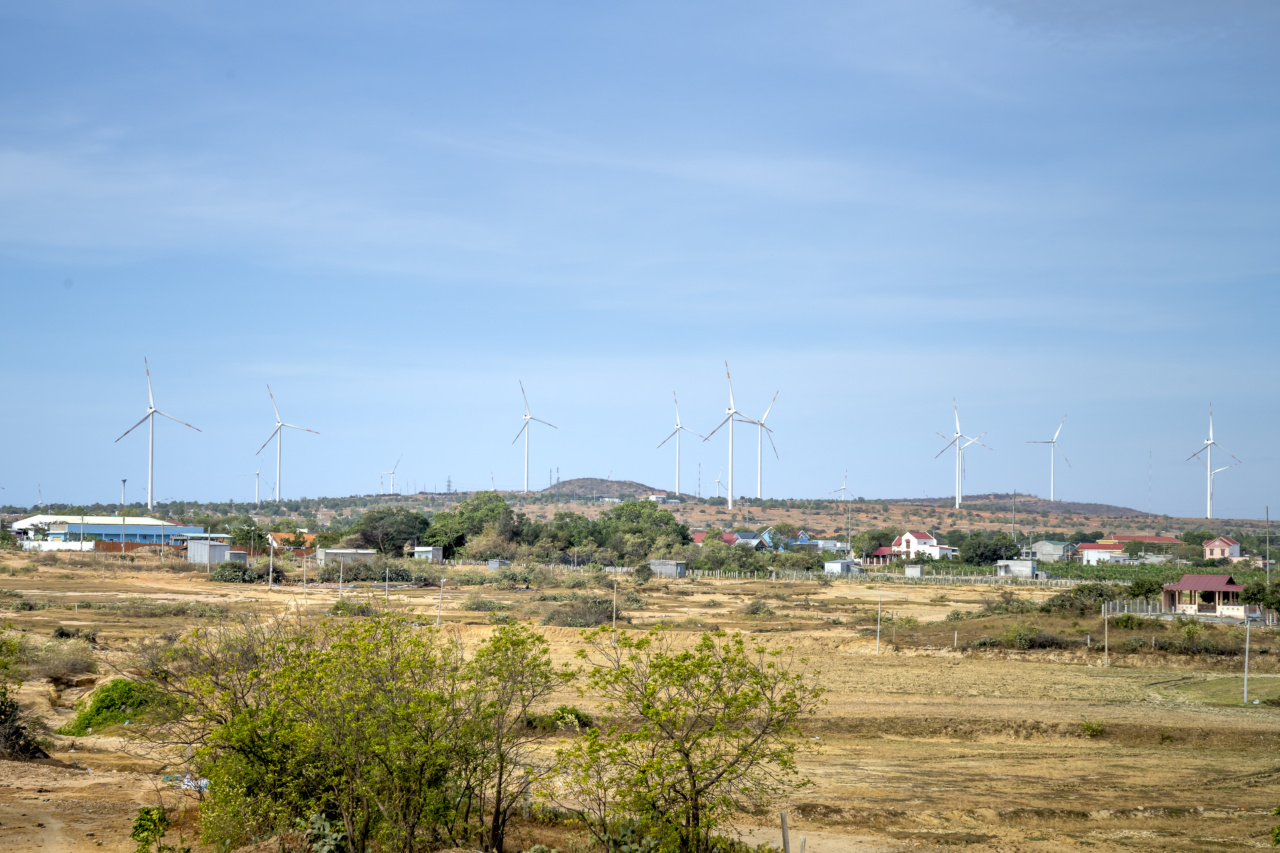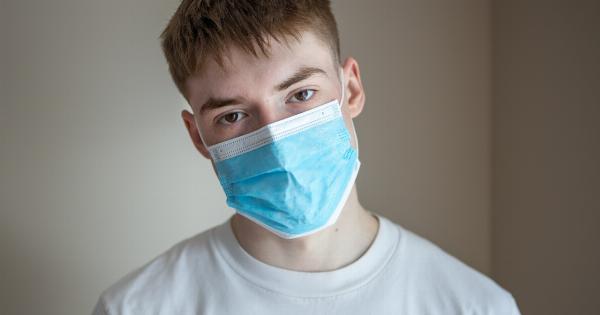Psoriasis is a chronic autoimmune skin disorder that affects millions of people worldwide. It is characterized by red, itchy, and scaly patches on the skin that can be both physically and emotionally distressing.
While the exact cause of psoriasis remains unknown, there is significant evidence suggesting that environmental factors play a crucial role in its development and exacerbation. This article will explore the various environmental influences on psoriasis and their impact on the disease.
Genetic Predisposition
Psoriasis is known to have a genetic component, with certain genes being associated with an increased risk of developing the condition.
However, it is important to note that having these genes does not guarantee the onset of psoriasis, and environmental triggers are often needed to activate the disease. In individuals with a genetic predisposition, exposure to certain environmental factors can act as triggers, leading to the development of psoriasis.
Climate and Weather
Climate and weather have been identified as significant environmental factors that can influence psoriasis.
Many individuals with psoriasis report improvements in their symptoms during warm and sunny weather, while flare-ups are commonly associated with colder climates. Sunlight exposure provides the skin with vitamin D, which has immune-modulating effects and can help alleviate psoriasis symptoms.
On the other hand, cold and dry conditions can cause the skin to become more dry and prone to irritation, worsening psoriasis symptoms.
Stress
Psychological stress has long been recognized as a trigger for psoriasis. High levels of stress can weaken the immune system and disrupt the balance of immune cells in the body, leading to an increased risk of psoriasis flare-ups.
Additionally, stress hormones such as cortisol have been shown to promote inflammation, which is a key mechanism in the development of psoriasis. Managing stress through relaxation techniques and therapy can help to reduce the severity and frequency of psoriasis flare-ups.
Smoking and Alcohol
Smoking and excessive alcohol consumption have been identified as significant environmental factors that can worsen psoriasis symptoms.
Both smoking and alcohol can trigger inflammation and immune system dysfunction, leading to increased psoriasis severity and a greater risk of developing the disease. Quitting smoking and moderating alcohol intake can have a positive impact on psoriasis management.
Dietary Factors
While there is no specific diet that has been proven to cure or prevent psoriasis, certain dietary factors have been associated with an increased risk of developing the disease or worsening symptoms.
A diet high in processed foods, refined sugars, and saturated fats has been linked to systemic inflammation, which can exacerbate psoriasis. On the other hand, a diet rich in fruits, vegetables, fish, and whole grains has been shown to have anti-inflammatory effects and may help to alleviate psoriasis symptoms.
Infections and Immune System
Infections, particularly streptococcal infections, have been implicated as triggers for psoriasis.
Streptococcal throat infections, such as strep throat, can cause the immune system to overreact, leading to the development of psoriasis or worsening of existing symptoms. Additionally, certain medications used to treat infections, such as beta-blockers and antimalarial drugs, have been associated with psoriasis flare-ups.
Maintaining good hygiene practices and promptly treating infections can help reduce the risk of triggering psoriasis.
Medications and Treatments
Some medications and treatments have been reported to induce or worsen psoriasis symptoms. These include beta-blockers, lithium, antimalarial drugs, and non-steroidal anti-inflammatory drugs (NSAIDs).
It is important for individuals with psoriasis to inform their healthcare providers about their condition to avoid any medication or treatment that may trigger flare-ups.
Environmental Allergens
Exposure to certain environmental allergens, such as pollen, dust mites, pet dander, and mold, can aggravate psoriasis symptoms in individuals who are allergic or sensitive to these substances.
It is recommended for individuals with psoriasis to minimize their exposure to these allergens through proper cleaning and ventilation practices.
Occupational Factors
Occupational factors can also influence the development and exacerbation of psoriasis.
Individuals working in certain professions, such as healthcare, hairdressing, and cleaning, may be exposed to chemicals, irritants, and physical trauma that can trigger or worsen psoriasis symptoms. Taking appropriate precautions, such as wearing protective clothing and minimizing exposure to irritants, can help reduce the risk of occupational triggers.
Conclusion
While psoriasis has a strong genetic component, environmental influences play a crucial role in the development and exacerbation of the disease.
Climate, weather, stress, smoking, alcohol, diet, infections, medications, environmental allergens, and occupational factors can all impact psoriasis symptoms. Understanding and managing these environmental triggers can help individuals with psoriasis achieve better disease control and improve their quality of life.



























